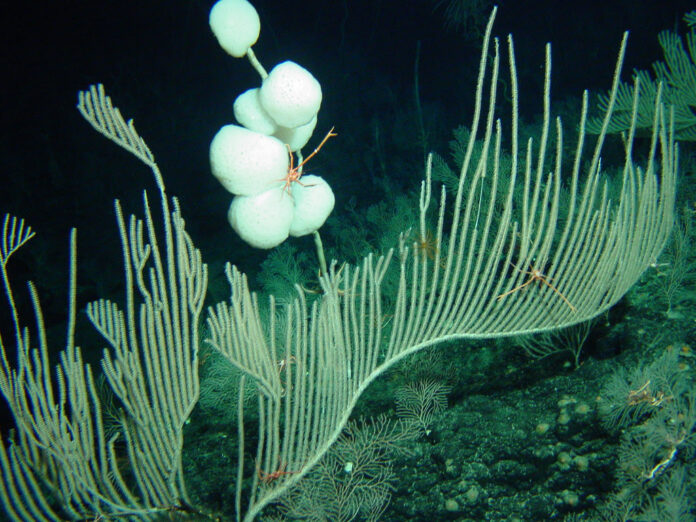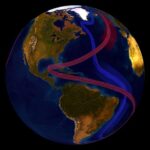A meeting of nations begun on February 20, 2023, has come to a successful conclusion with a treaty announced to protect the ocean commons. In a previous posting on this site, I announced the opening of the conference in New York City. Yesterday after round-the-clock talks lasting two weeks, the United Nations delegates agreed to a high-seas treaty to protect the world’s oceans beyond the coastal waters and economic zones of member states.
The treaty covers more than the high seas and follows the biodiversity conference that was held in Montreal last December. Participating nations have agreed to protect a third of the ocean by 2030 covering almost two-thirds of the deep sea lying beyond national jurisdictions.
The end result will be the creation of marine protected areas (MPAs) and the establishment of milestones for all signatories with periodic conferences where member states will be held to account.
Sticking points that needed to be talked through included:
- Determining how to share marine genetic resources with all treaty signatories. Marine genetic resources (MGRs) refer to the burgeoning scientific and commercial interest in the harvesting of the DNA properties of marine sponges, krill, corals, seaweed and other ocean life to contribute to biopharmaceutical advances.
- Coming up with the procedures needed to implement MPAs.
- Agreement on how to model environmental impact studies.
- Developing agreed plans for proposed future activities on the high seas
The treaty provides game-changing protection for ocean ecosystems and places restrictions on deep-sea mining operations, already a cause for concern because of its potential impact on seafloor biomes.
It was at the recent COP15 convention in Montreal where the attendees set the goals that this treaty has now adopted: to conserve and manage by 2030, 30% of coastal and marine areas beyond national jurisdictions. Included in the commitments are assurances by all signatories to adopt sustainable practices when harvesting wild marine species.
Stated Jessica Battle of the World Wildlife Fund (WWF) who attended the negotiations, “What happens on the high seas will no longer be out of sight, out of mind. We can now look at the cumulative impacts on our ocean in a way that reflects the interconnected blue economy and the ecosystems that support it.”
Sofia Tsenikli from the Deep Sea Conservation Coalition who also attended the New York conference stated, “Time is not on our side, and while the treaty comes into force, it’s imperative that states take all actions necessary to protect the ocean, including the fragile ecosystems and biodiversity of the deep sea. As an immediate action, we call on all states to join the growing momentum in support of a moratorium, precautionary pause or ban on deep-sea mining, and we urge the few flag states still allowing their vessels to bottom trawl on seamounts to agree to phase out the practice.”
















[…] ink hasn’t yet dried on the newest international agreement to protect vast areas of the global ocean from human predation, yet a two-week meeting starting in Kingston, Jamaica, today could lead to the […]